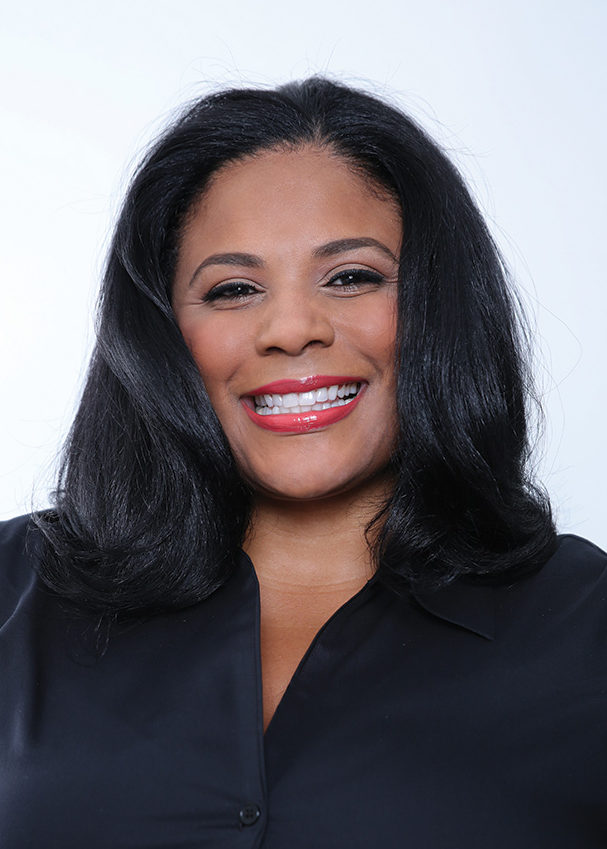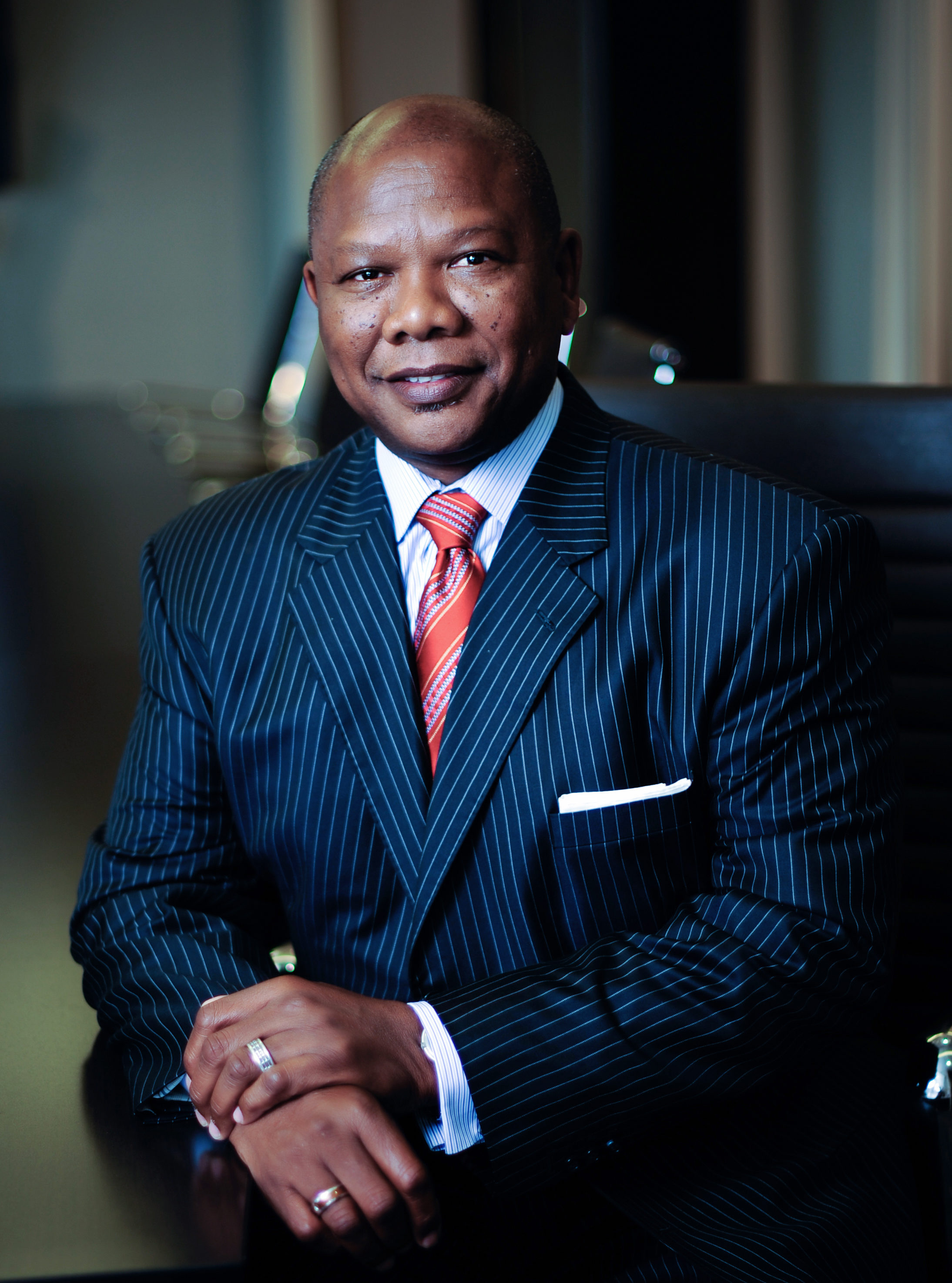California State University, Dominguez Hills (CSUDH) enrolls and graduates the largest number of African American students of any California State University campus. As Black History Month puts a spotlight on the achievements and accomplishments of African Americans throughout this nation, CSUDH pauses to share the great successes and insights of its alumni.

Towalame Austin (’04, B.A., Interdisciplinary Studies) has forged a path in the non-profit sector that one might call a quintessential Los Angeles success story. In 1998 she began her career as a receptionist with the Magic Johnson Foundation, often being “the first to arrive and last to leave” both then and seven years later after she became president of the foundation and director of corporate relations and special events nationwide. She followed her time with the L.A. Lakers icon as president of the Mourning Family Foundation, founded by retired NBA player Alonzo Mourning and his wife.
Today Austin is executive of philanthropy for Roc Nation, which was founded by Shawn “JAY Z” Carter. At Roc Nation she has launched the philanthropic efforts of world-renowned recording artist Rihanna and her charity venture The Clara Lionel Foundation, as well as the charitable work of rapper Big Sean, CJ Prosise, and several other artists on the Roc Nation roster.
“I just love working with artists and other individuals who are passionate about giving back, because I’m passionate about it, too. They all have a heart and want to give back, and like to be in the fight. That makes it fun,” said Austin. “When you’re giving scholarships, providing meals for the less fortunate and equipment for hospitals, or helping someone with HIV get the support he or she needs to have hope, it’s more than worth it.”
Dave Carothers (’82, B.S., Public Administration) is a partner of Carothers DiSante & Freudenberger LLP, a law firm specializing in employment, labor, and immigration with five offices throughout California, including Los Angeles. With more than 30 years in the courtroom, Carothers is a veteran trial lawyer who has successfully defended employers against such claims as wrongful termination, sexual harassment, breach of contract, and discrimination. He has also served as a lead trial counsel in complex representative actions, and class action suits.

“Being involved in an occupation, profession, or career for a long period of time, and being recognized by your peers, is the ultimate sign of achievement in my view. It is when everybody else who does what you do acknowledges you and your contributions,” said Carothers. “It’s also about credibility, and credibility in the courtroom is everything. If you don’t have it, nobody is listening to you–nobody cares. The best way to build credibility is to be many things: to be real, honest, and sincere. To be vulnerable, and at the same time, be transparent. And most importantly, particularly while in court, be yourself. These attributes transcend all professions.”
Lisa Collins (’06., B.A., Interdisciplinary Studies) is director of talent and human resources business partner (HRBP) at Netflix. Over the past 18 years, she has managed and consulted the HRBP operations for such global entities as NBC Universal, Morgan Stanley, and Warner Brothers Entertainment Group.
Collins shared what excites her the most about her long career in HRBP, and how she defines success in the profession.
“Knowing that I still have so much learning and growth ahead of me excites me. I could easily become complacent and comfortable, but I get really excited about discovering new things, both personally and professionally. Maintaining this level of curiosity can only make my career experience better as time goes on,” said Collins. “For me, having a successful career means working in an industry that I love, in a role that feels collaborative, inclusive and not at all like work, and continually challenging myself. Although I enjoy my work, I believe in stepping away and doing things that that truly bring me joy. In my opinion, my personal well-being is essential and directly related to how I measure having a successful career.”

Austin worked at the Magic Johnson Foundation while she was still a student at CSUDH, answering the phone, working with the program director, and performing various administrative duties, which she believes should always be part of the job no matter which step on the ladder you are standing on.
“It’s about that mindset–the mindset of the self-starter–having the drive and wanting to take initiative on things, and doing whatever it takes to get it done. But you might have to compromise a little bit of sleep,” she said.” In my later years, when I was the president of the Magic Johnson Foundation, I would still get tea, coffee, and bring water to people and meetings, even when I was leading those meetings.”
For Carothers, accumulating life experience is the best path to professional success, in and out of the courtroom.
“Over the years I have worked with and witnessed some really successful lawyers, and some bad ones. I have even had to let some go. One of the things that strikes me is how much better trial lawyers are if they have a lot of life experience,” he said. “Be around people as much as possible; around different people, even those who might not like you. Get in as many situations as you can. That will put you ahead of the game.”
Collins recommends that college graduates seek mentors, and suggested some self-reflective approaches to help them build successful careers and lives.
“When you join the workforce, remain open and be a sponge. Try new things–it’s the best way to find your passion. Also, find mentors that can provide you with guidance, career advice, and advocate for you as opportunities for growth come along,” she said. “I’m also a big believer in putting positive thoughts into action. Visualize your future self as successful as you want to be, then work hard to bring that visualization to reality.”